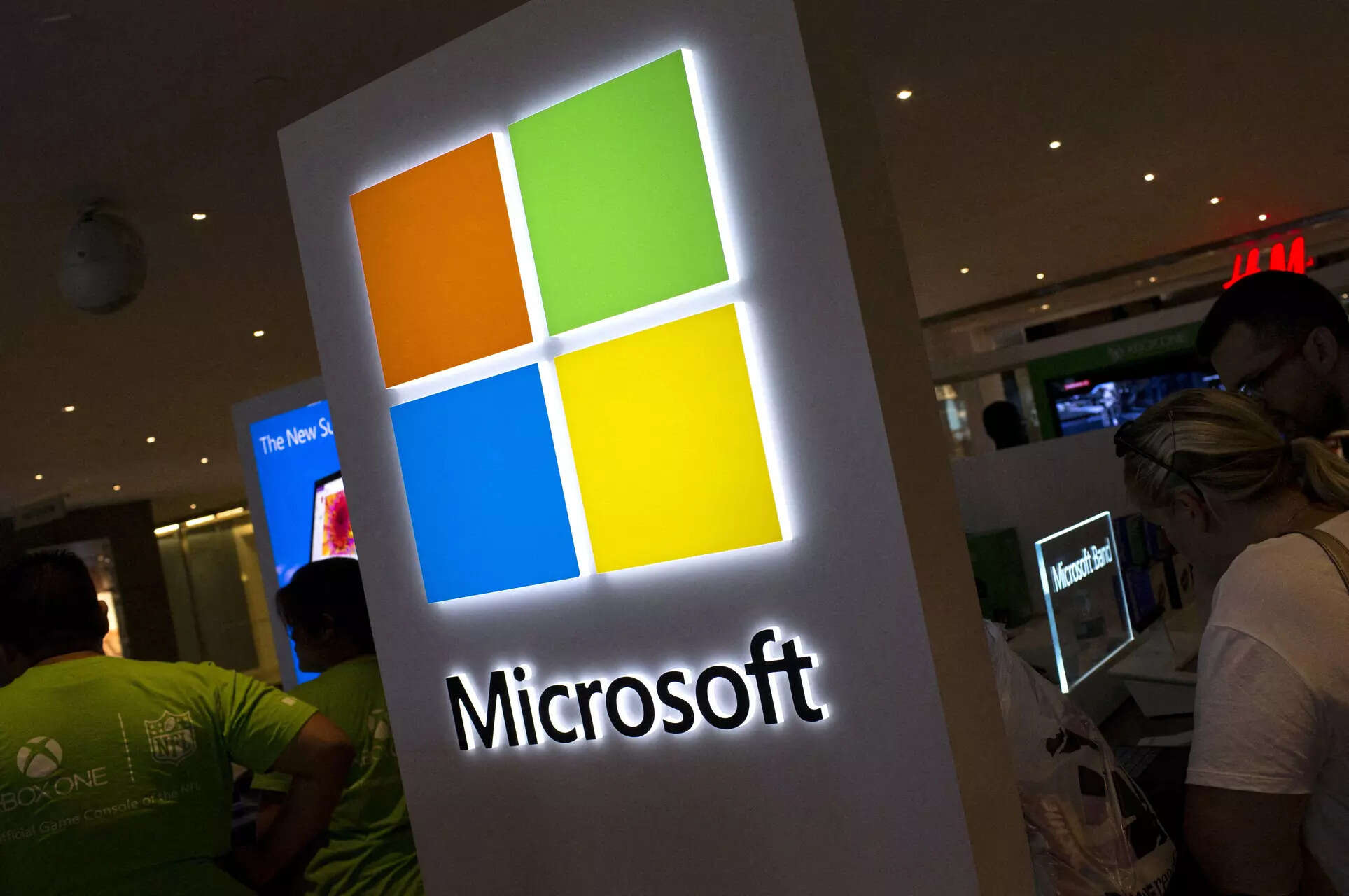[ad_1]
Microsoft has shut down Project Airsim, its AI-based aircraft simulation system to teach how to react to variables during a flight. The project was part of its vision for an “industrial metaverse”. The team behind Project Airsim received a “team update” where it was told that the whole team will be laid off and the project will be discontinued
Citing a person familiar with the matter, Business Insider reported that Microsoft will discontinue the project on December 15.
“We are proud of the impact this incubation created for our customers and we will continue to invest in both Azure as the computing platform that powers the industrial metaverse, and a wide range of AI projects within the company,” Microsoft said in a statement to the publication.
“We are working closely with our customers on this transition,” the company added.
Project Bonsai support end
Microsoft stopped supporting Project Bonsai, an AI development platform for building autonomous systems for industrial use, on October 19. For this, the company bought AI startup Bonsai in 2018 and it was internally said to be Microsoft’s answer to Google’s Deepmind acquisition, the person said.
Project Bonsai and Project Airsim, which was launched as an open-source project in 2017, were part of the company’s “industrial metaverse” project. The person also told the publication that Microsoft CEO Satya Nadella “spoke about Bonsai the way he talks about OpenAI today.”
Why Microsoft is ‘killing’ the project
According to the source, Microsoft started to lose interest in the project as the company’s partnership with OpenAI ramped up. In early 2023, Microsoft announced an extended partnership with OpenAI and soon killed the project. It also laid off the 100-person team responsible for the project.
Microsoft has shifted resources in the development of AI tools. In his recent annual letter to shareholders, Nadella highlighted that AI has presented a growing opportunity for the company. Microsoft has extended the lead over Google parent company Alphabet in cloud business through early bets on OpenAI.
Citing a person familiar with the matter, Business Insider reported that Microsoft will discontinue the project on December 15.
“We are proud of the impact this incubation created for our customers and we will continue to invest in both Azure as the computing platform that powers the industrial metaverse, and a wide range of AI projects within the company,” Microsoft said in a statement to the publication.
“We are working closely with our customers on this transition,” the company added.
Project Bonsai support end
Microsoft stopped supporting Project Bonsai, an AI development platform for building autonomous systems for industrial use, on October 19. For this, the company bought AI startup Bonsai in 2018 and it was internally said to be Microsoft’s answer to Google’s Deepmind acquisition, the person said.
Project Bonsai and Project Airsim, which was launched as an open-source project in 2017, were part of the company’s “industrial metaverse” project. The person also told the publication that Microsoft CEO Satya Nadella “spoke about Bonsai the way he talks about OpenAI today.”
Why Microsoft is ‘killing’ the project
According to the source, Microsoft started to lose interest in the project as the company’s partnership with OpenAI ramped up. In early 2023, Microsoft announced an extended partnership with OpenAI and soon killed the project. It also laid off the 100-person team responsible for the project.
Microsoft has shifted resources in the development of AI tools. In his recent annual letter to shareholders, Nadella highlighted that AI has presented a growing opportunity for the company. Microsoft has extended the lead over Google parent company Alphabet in cloud business through early bets on OpenAI.
[ad_2]
Source link











More Stories
Google Maps: Three privacy features coming to Google Maps on Android, iPhones
Most-Downloaded IPhone App: This Chinese app was the most-downloaded iPhone app in the US in 2023
Ukraine’s largest mobile operator goes offline for millions of users after cyber attack